Home / trending / Finance Minister Nirmala Sitharaman to Meet State
Finance Minister Nirmala Sitharaman to Meet State
By: My India Times
2 minutes read 6Updated At: 2024-11-12

New Delhi, India – As India’s economy faces an evolving landscape of challenges and opportunities, Union Finance Minister Nirmala Sitharaman is set to meet with state finance ministers on December 21-22 for critical pre-budget consultations and a GST Council meeting. This collaborative session will allow states to present their priorities and recommendations ahead of the Union Budget 2025-26, scheduled to be unveiled on February 1, 2025.
These discussions are expected to play a major role in shaping policy decisions that affect key areas such as tax reforms, sector-specific incentives, and fiscal reliefs.
Top Priorities: Revenue Distribution, GST Reforms, and Economic Growth
The meeting holds particular significance as states across India bring forward their unique concerns about revenue distribution, GST compensation, and the balancing act between local economic needs and national goals. State representatives are anticipated to advocate for more autonomy in handling GST collections and a stable revenue-sharing formula amid calls for GST slab restructuring.
“This Budget will lay the groundwork for critical financial strategies as India approaches a key phase in its economic journey,†an official from the Finance Ministry stated. “States’ inputs will be vital to balancing growth with fiscal prudence.â€
Major Areas of Focus for States
State finance ministers have expressed concerns about the need for additional GST compensation, particularly for states with high social welfare expenditure. Additionally, they are expected to discuss reforms for streamlining the GST framework, potentially advocating for revised tax slabs and simplified filing processes.
Experts suggest that many states will push for greater budgetary allocations to agriculture, healthcare, and infrastructure, with some urging for relief measures for sectors that continue to feel the impact of global inflationary pressures.
Kerala’s Finance Minister K. N. Balagopal has underscored the need for targeted spending to support low-income groups, highlighting the importance of “fiscal measures that directly alleviate the burden on vulnerable populations.â€
Potential Changes in GST Slabs and Tax Reforms on the Horizon
In the GST Council meeting, states are likely to call for a rationalization of GST tax slabs—a change that many believe could boost compliance and ease the burden on small businesses. With India’s diverse economic conditions, the GST Council may consider region-specific amendments, balancing between simplification for businesses and the need for robust revenue.
Industry Analyst Priya Sethi commented on the anticipated changes, stating that “the states are working toward a consensus that encourages business growth, especially for MSMEs, while ensuring adequate revenue for public welfare programs.â€
A Collaborative Vision for India’s Economic Future
In addition to discussing tax reforms, state ministers are expected to make a case for increased fiscal devolution, emphasizing the importance of state-centered initiatives that address unique local needs. As India strives to maintain its status as one of the world’s fastest-growing economies, these pre-budget consultations provide an essential forum for harmonizing national priorities with state-led initiatives.
With less than two months until the 2025-26 Budget, the outcomes of this high-stakes meeting could significantly shape the fiscal roadmap for the coming year. As Minister Sitharaman seeks a balanced approach that accommodates diverse economic goals, the nation watches closely, anticipating policies that will drive sustainable growth, support vulnerable communities, and build resilience across sectors.
....New Delhi, India – As India’s economy faces an evolving landscape of challenges and opportunities, Union Finance Minister Nirmala Sitharaman is set to meet with state finance ministers on December 21-22 for critical pre-budget consultations and a GST Council meeting. This collaborative session will allow states to present their priorities and recommendations ahead of the Union Budget 2025-26, scheduled to be unveiled on February 1, 2025.
These discussions are expected to play a major role in shaping policy decisions that affect key areas such as tax reforms, sector-specific incentives, and fiscal reliefs.
Top Priorities: Revenue Distribution, GST Reforms, and Economic Growth
The meeting holds particular significance as states across India bring forward their unique concerns about revenue distribution, GST compensation, and the balancing act between local economic needs and national goals. State representatives are anticipated to advocate for more autonomy in handling GST collections and a stable revenue-sharing formula amid calls for GST slab restructuring.
“This Budget will lay the groundwork for critical financial strategies as India approaches a key phase in its economic journey,†an official from the Finance Ministry stated. “States’ inputs will be vital to balancing growth with fiscal prudence.â€
Major Areas of Focus for States
State finance ministers have expressed concerns about the need for additional GST compensation, particularly for states with high social welfare expenditure. Additionally, they are expected to discuss reforms for streamlining the GST framework, potentially advocating for revised tax slabs and simplified filing processes.
Experts suggest that many states will push for greater budgetary allocations to agriculture, healthcare, and infrastructure, with some urging for relief measures for sectors that continue to feel the impact of global inflationary pressures.
Kerala’s Finance Minister K. N. Balagopal has underscored the need for targeted spending to support low-income groups, highlighting the importance of “fiscal measures that directly alleviate the burden on vulnerable populations.â€
Potential Changes in GST Slabs and Tax Reforms on the Horizon
In the GST Council meeting, states are likely to call for a rationalization of GST tax slabs—a change that many believe could boost compliance and ease the burden on small businesses. With India’s diverse economic conditions, the GST Council may consider region-specific amendments, balancing between simplification for businesses and the need for robust revenue.
Industry Analyst Priya Sethi commented on the anticipated changes, stating that “the states are working toward a consensus that encourages business growth, especially for MSMEs, while ensuring adequate revenue for public welfare programs.â€
A Collaborative Vision for India’s Economic Future
In addition to discussing tax reforms, state ministers are expected to make a case for increased fiscal devolution, emphasizing the importance of state-centered initiatives that address unique local needs. As India strives to maintain its status as one of the world’s fastest-growing economies, these pre-budget consultations provide an essential forum for harmonizing national priorities with state-led initiatives.
With less than two months until the 2025-26 Budget, the outcomes of this high-stakes meeting could significantly shape the fiscal roadmap for the coming year. As Minister Sitharaman seeks a balanced approach that accommodates diverse economic goals, the nation watches closely, anticipating policies that will drive sustainable growth, support vulnerable communities, and build resilience across sectors.
By: My India Times
Updated At: 2024-11-12
Tags: trending News | My India Times News | Trending News | Travel News
Join our WhatsApp Channel










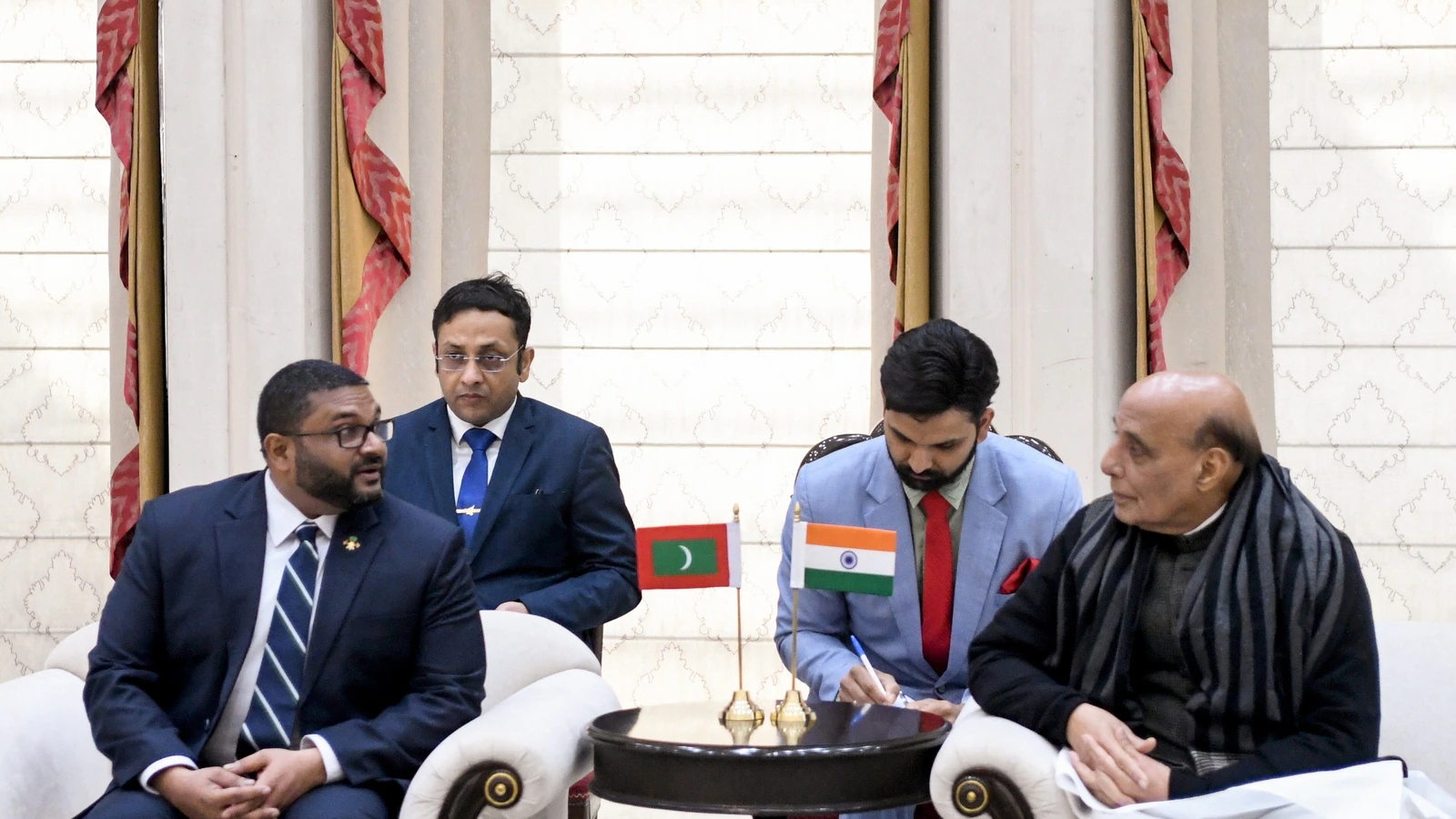

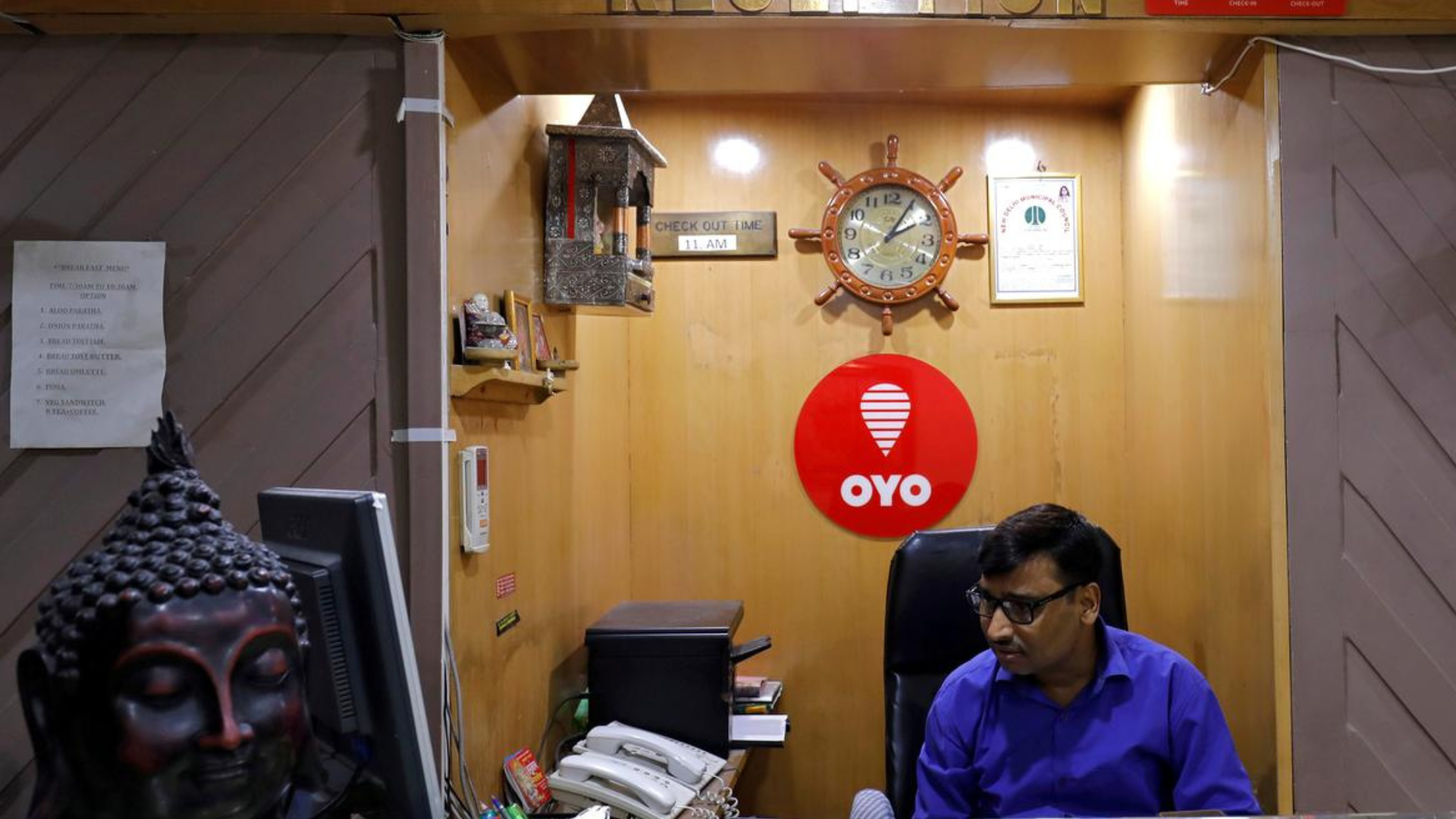

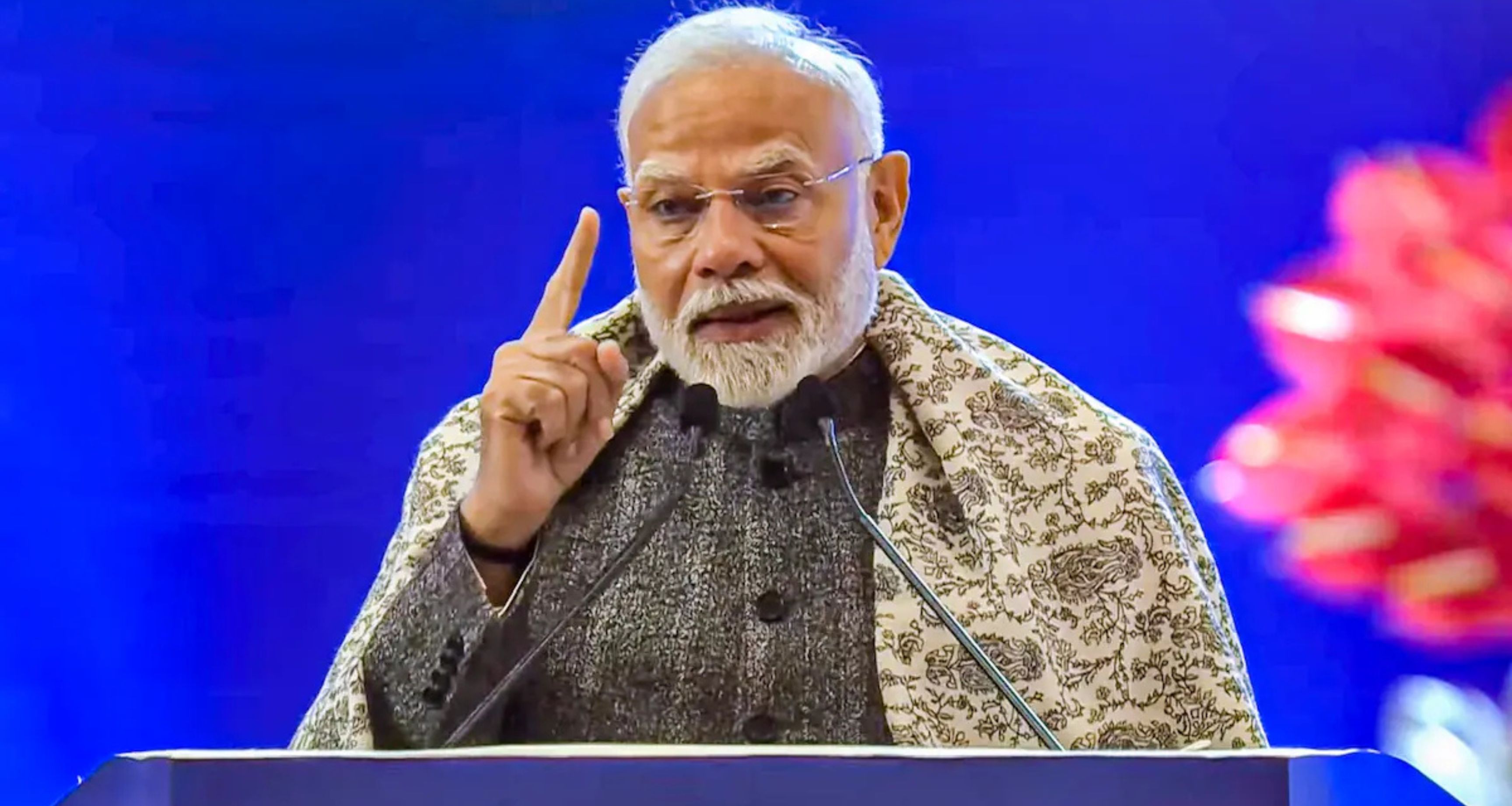
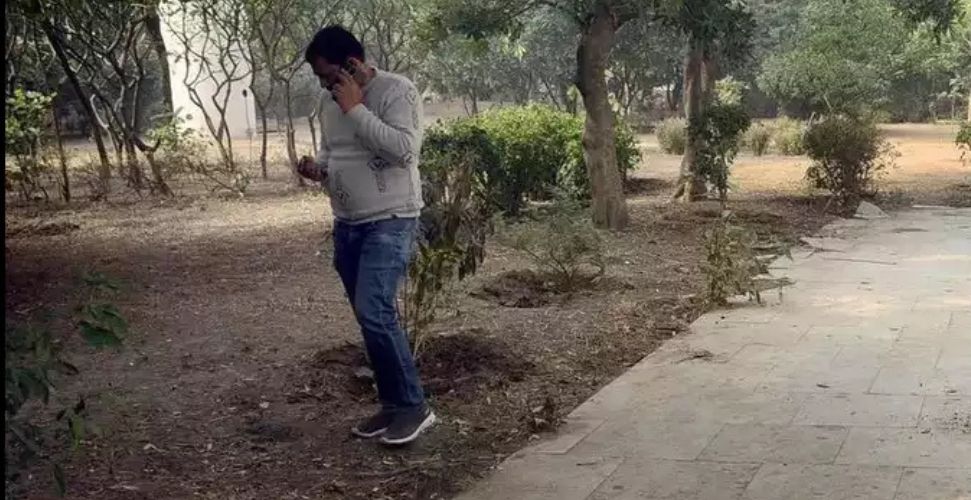


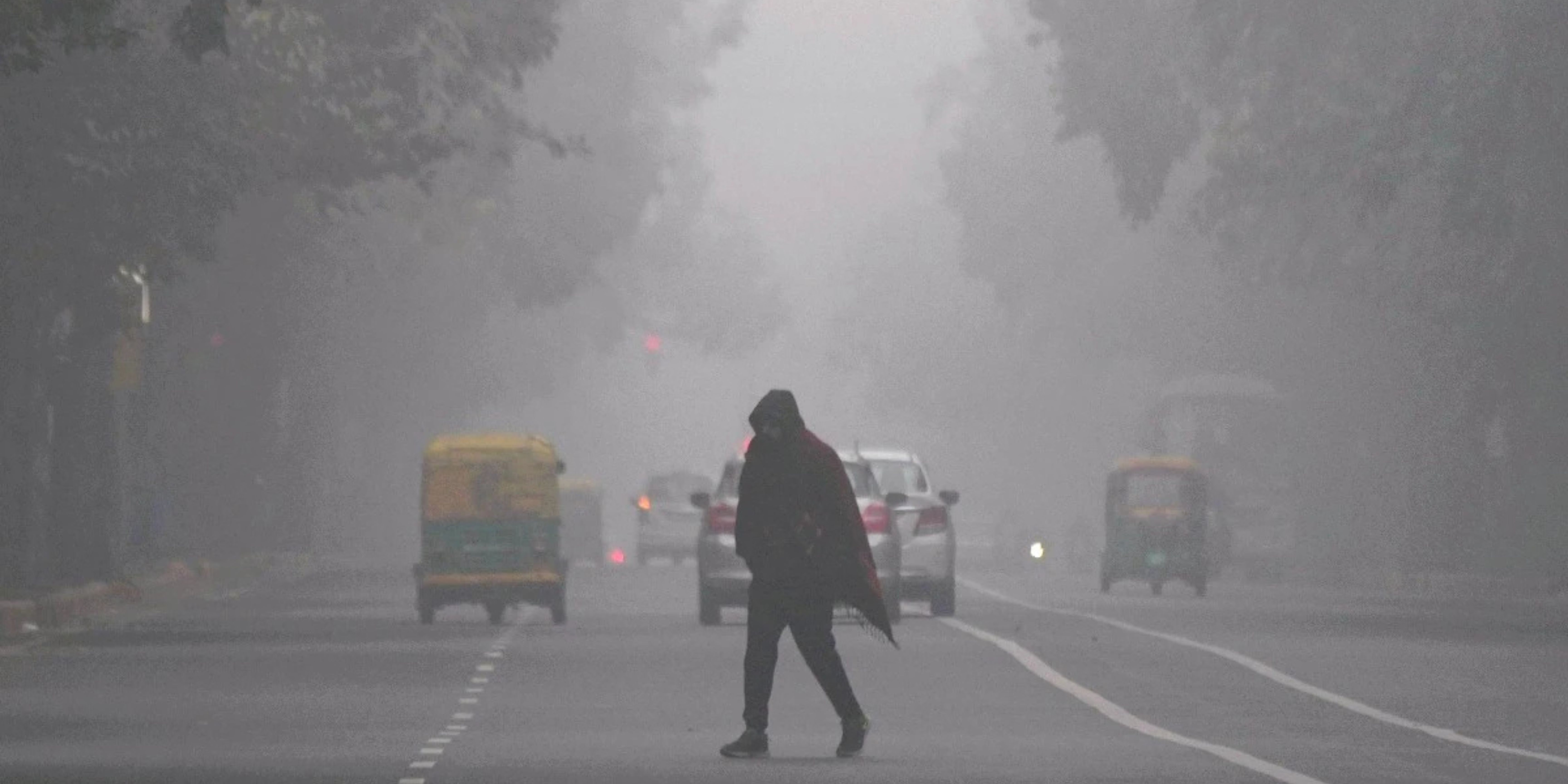


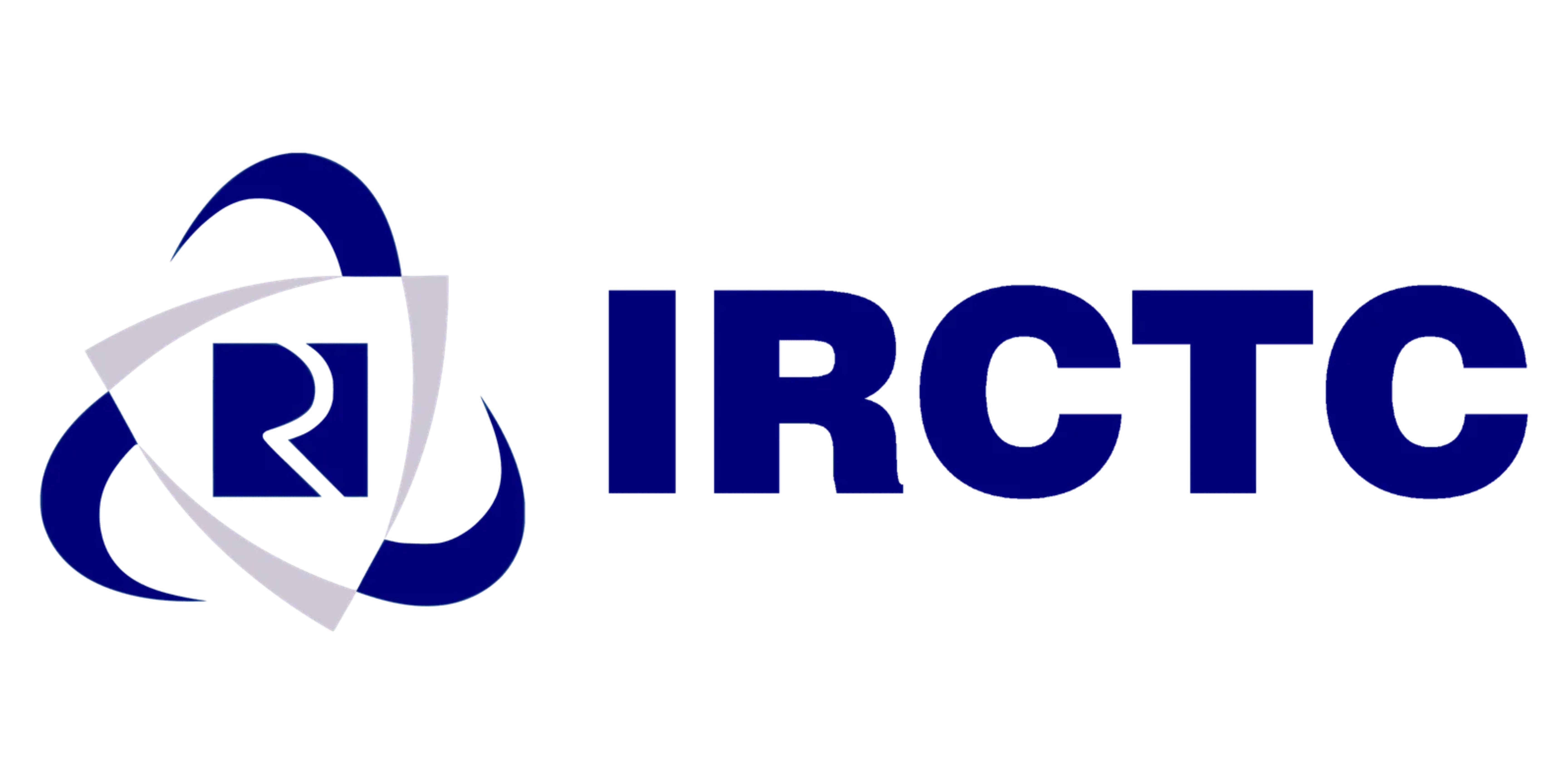
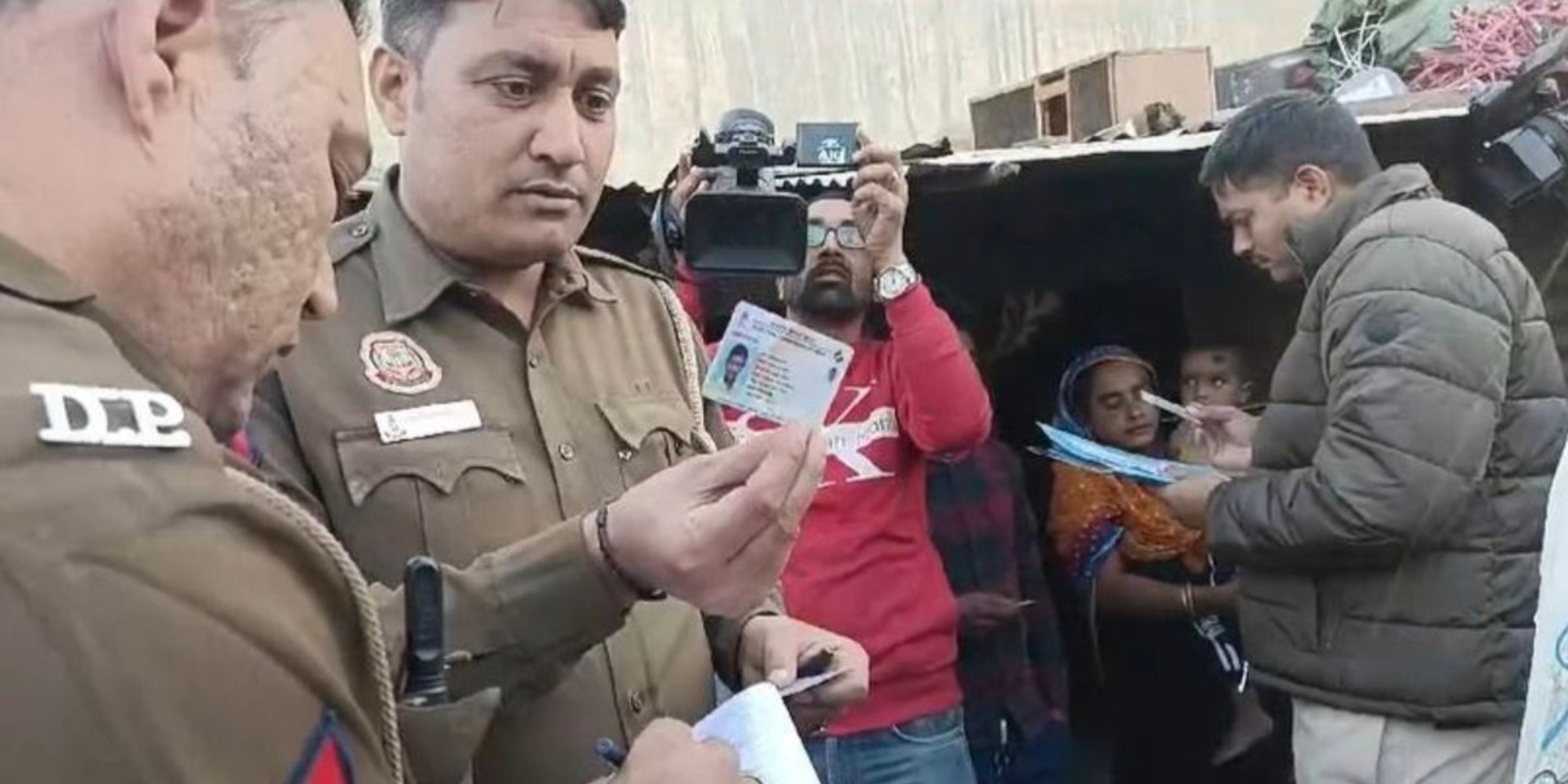

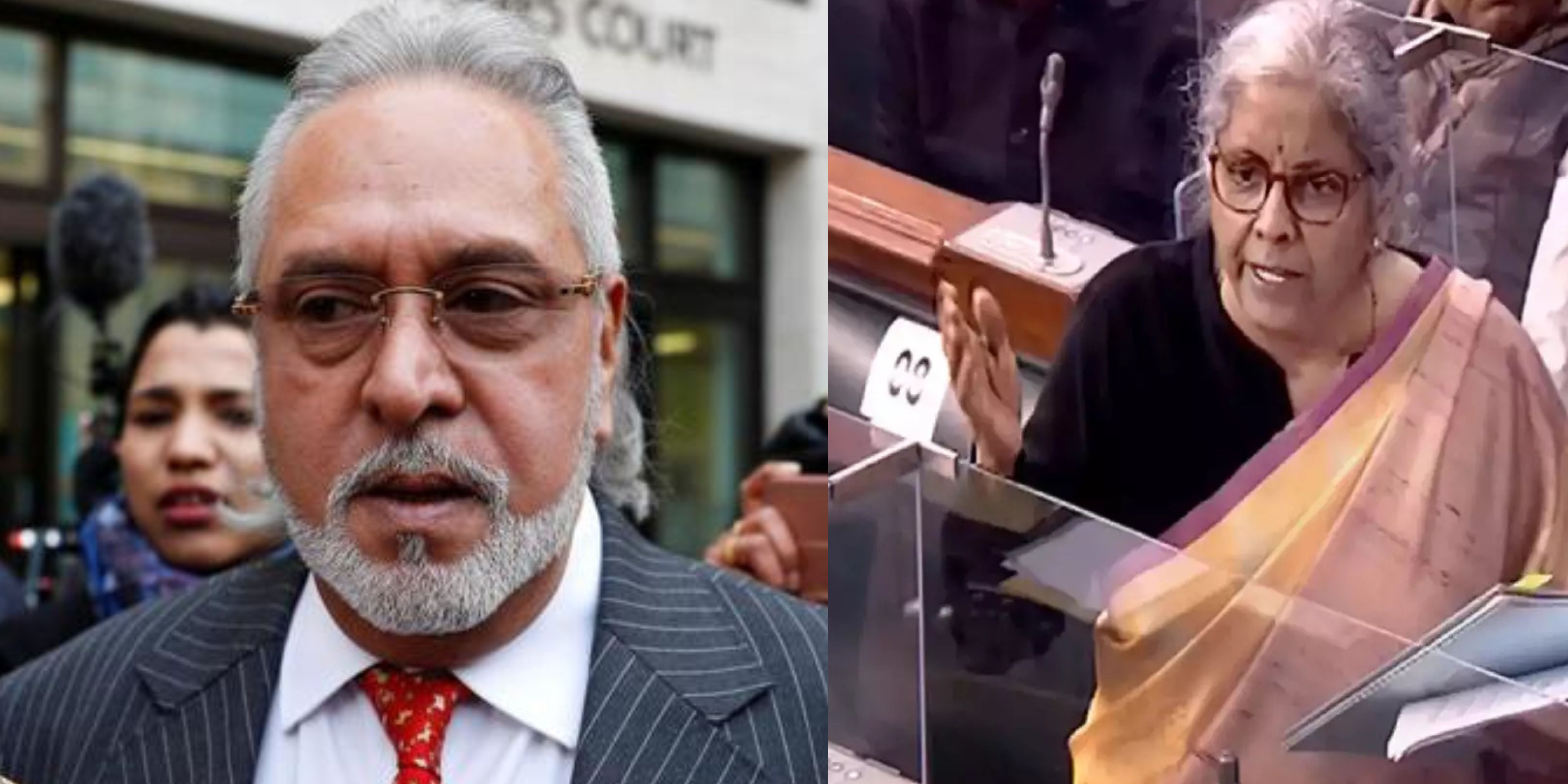

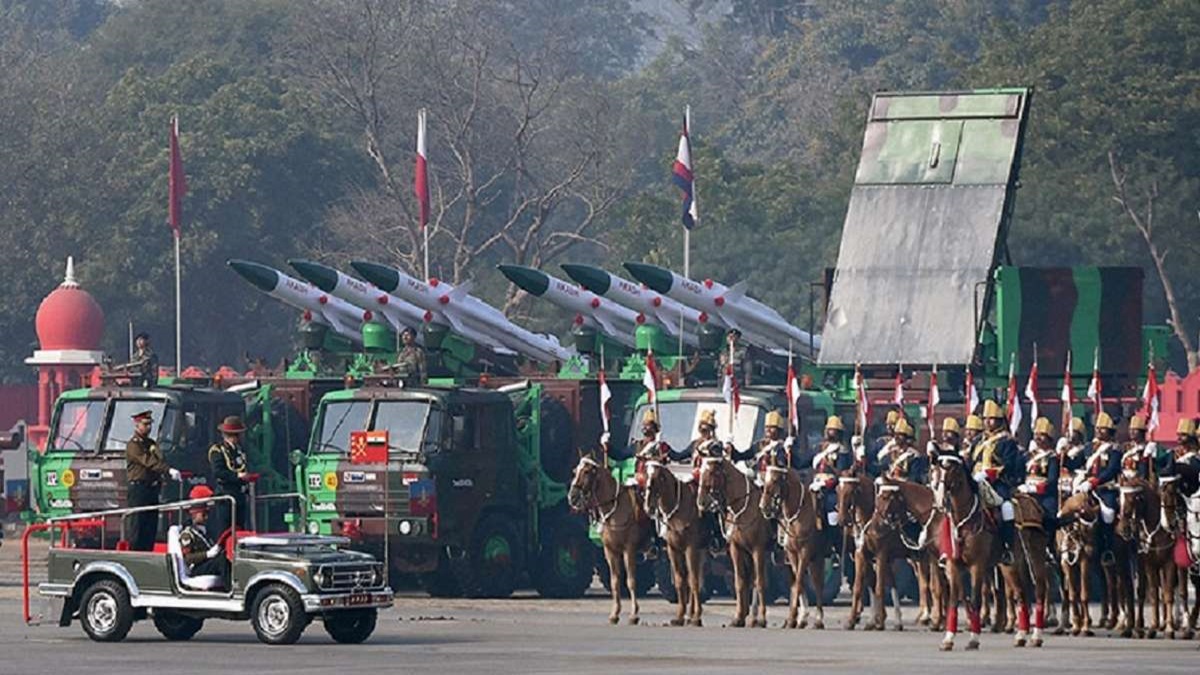

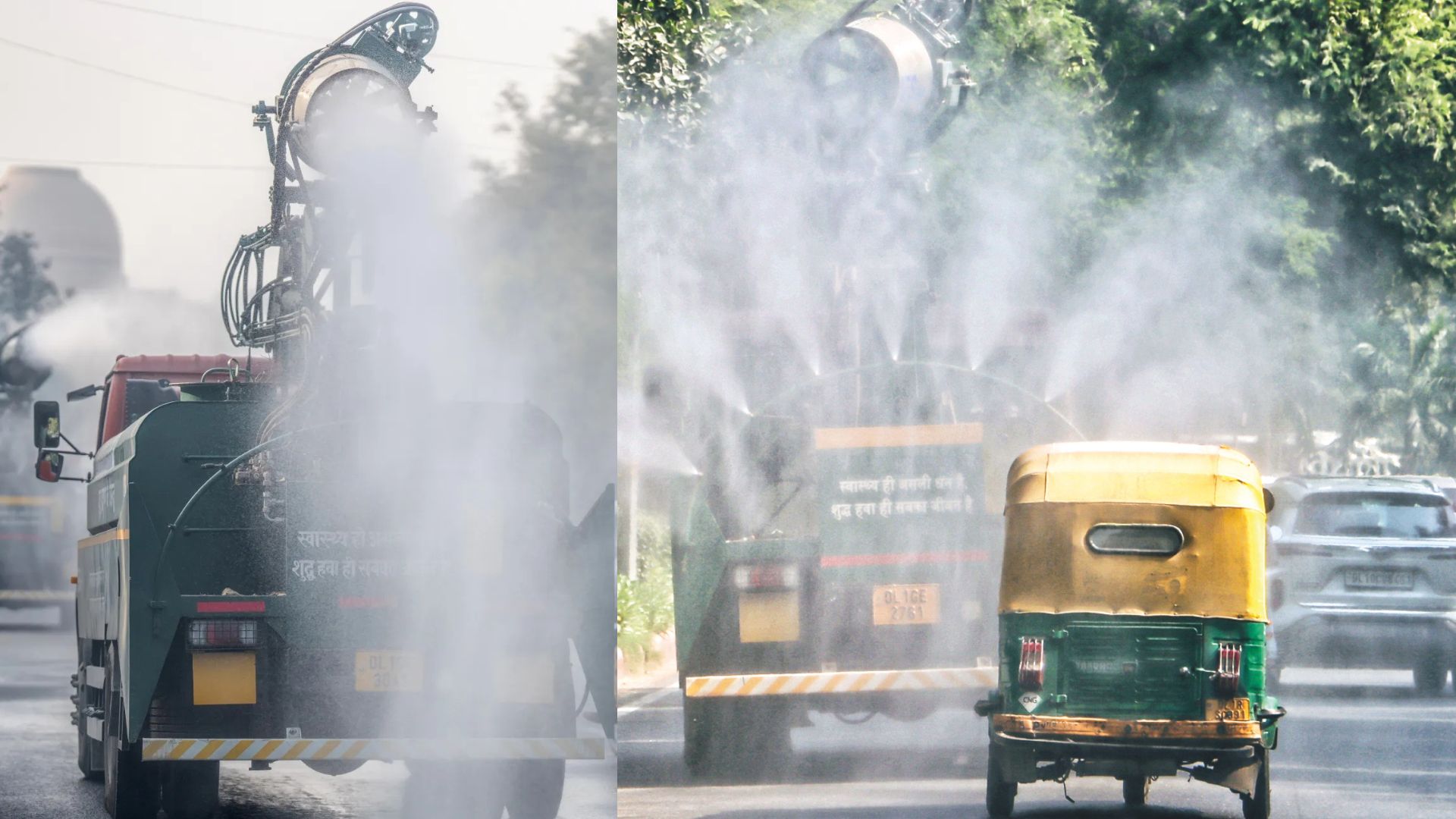



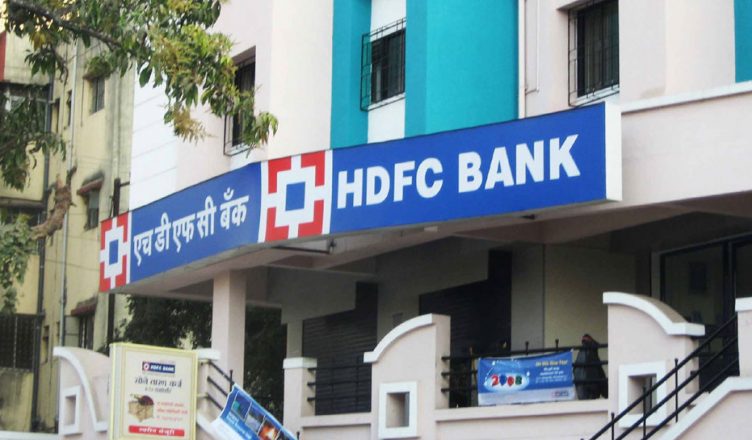

.jfif)
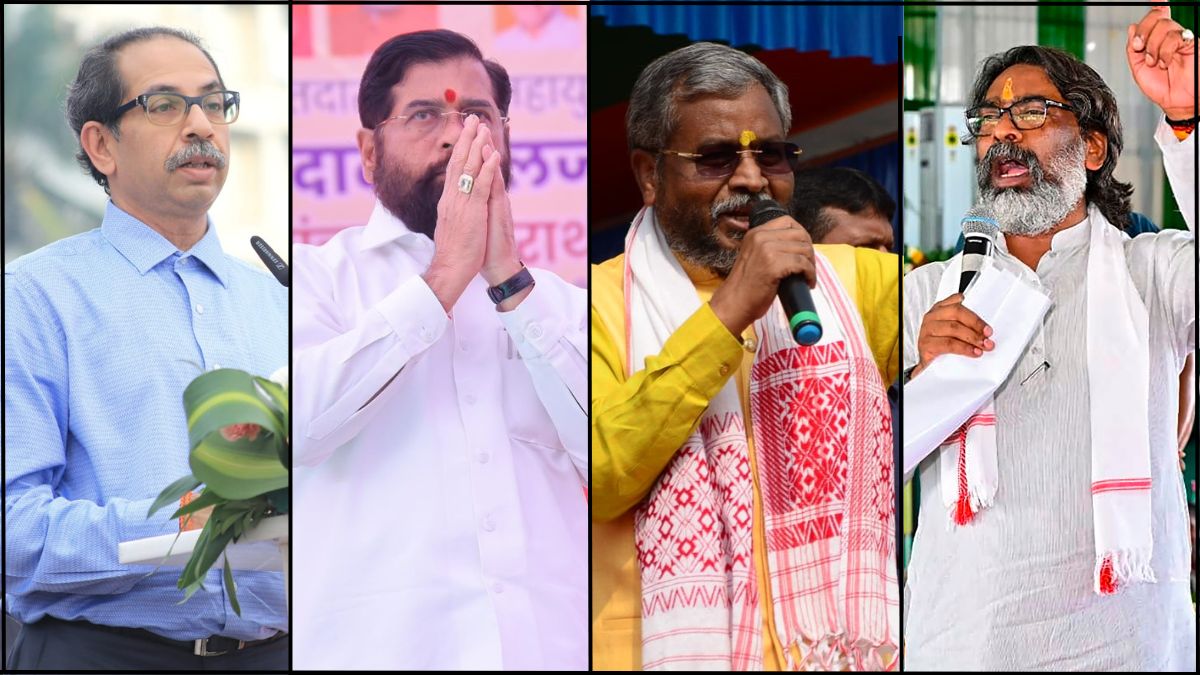
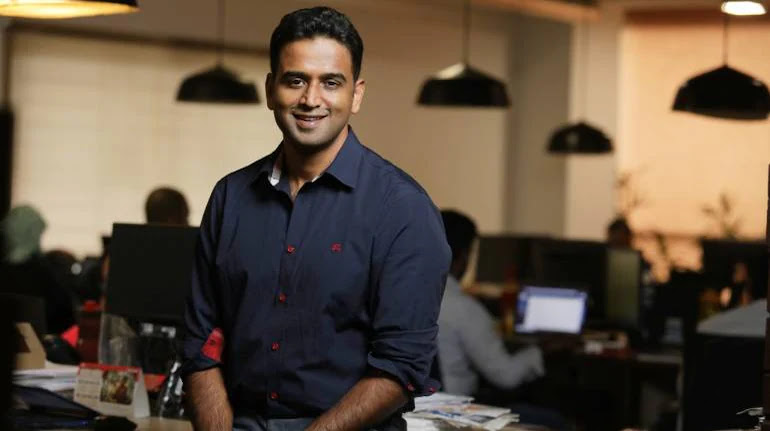

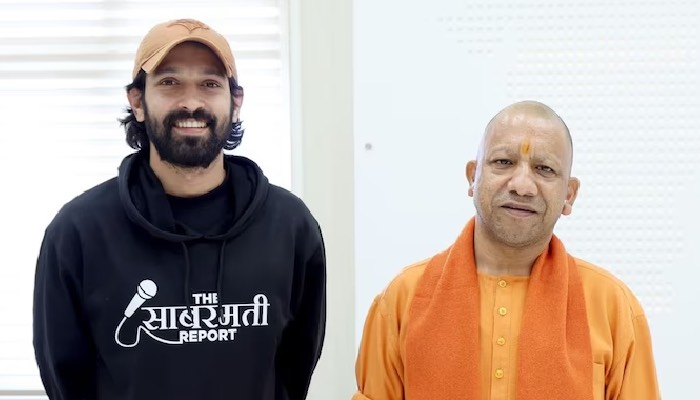
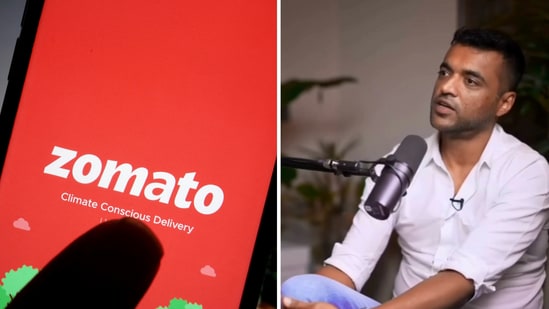
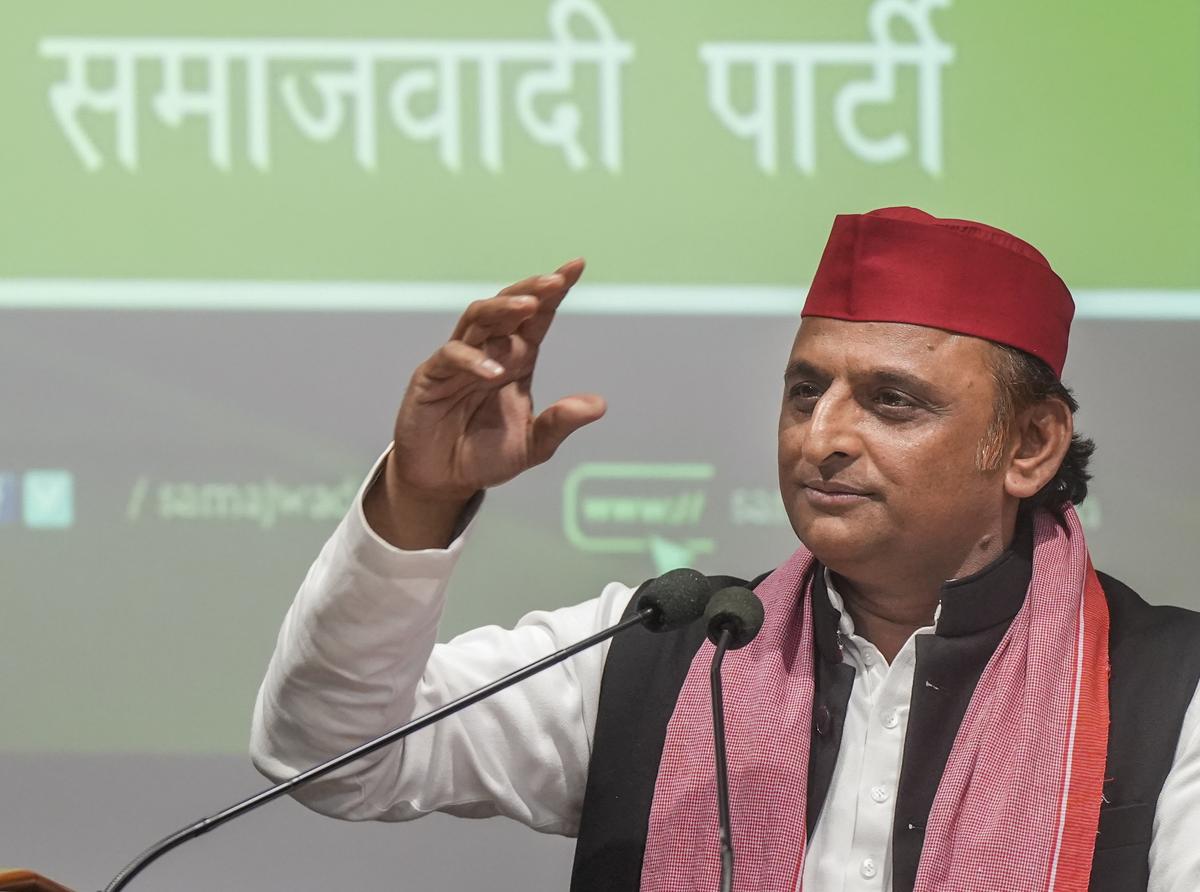

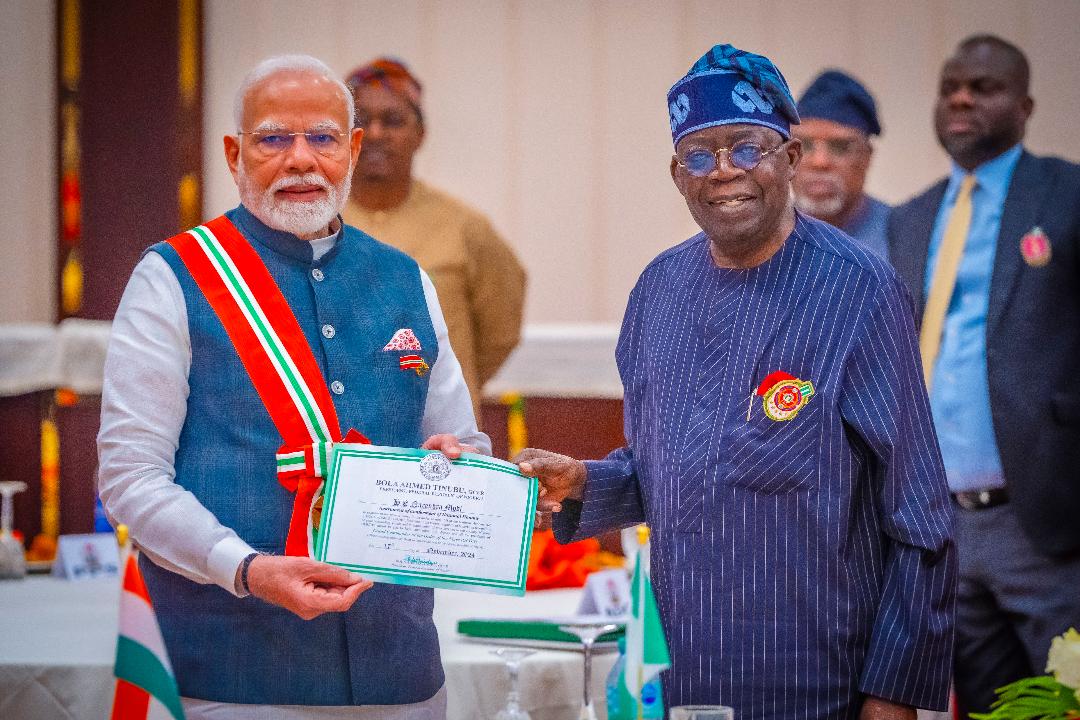

.jpg)


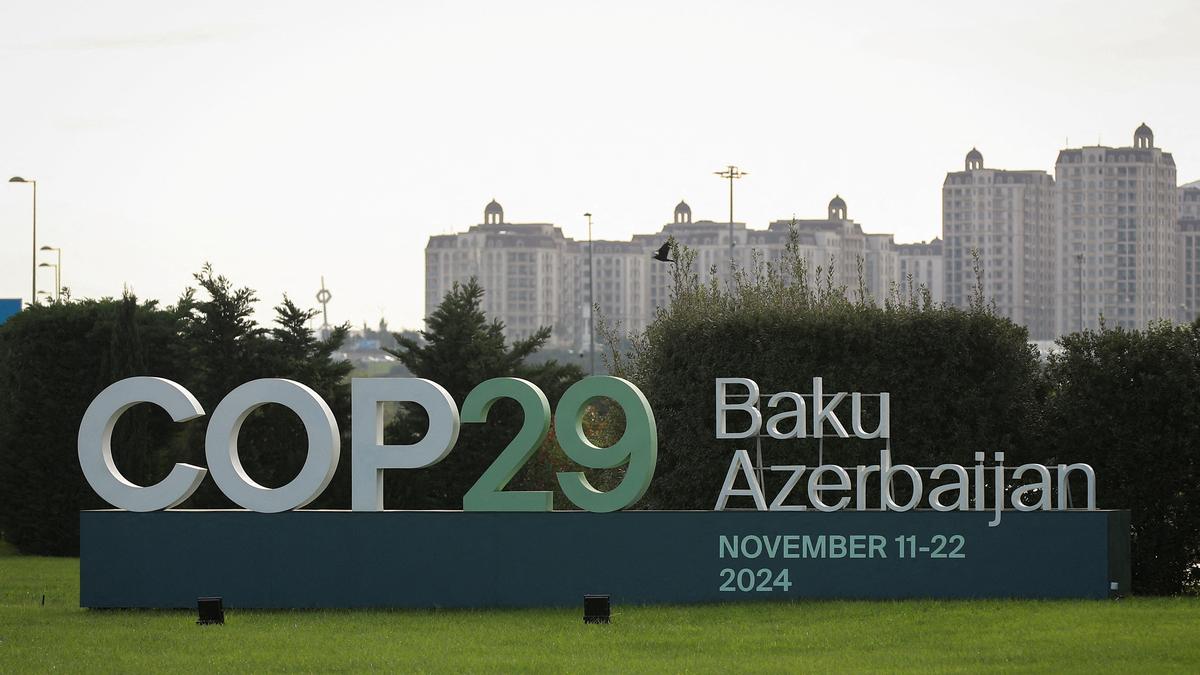

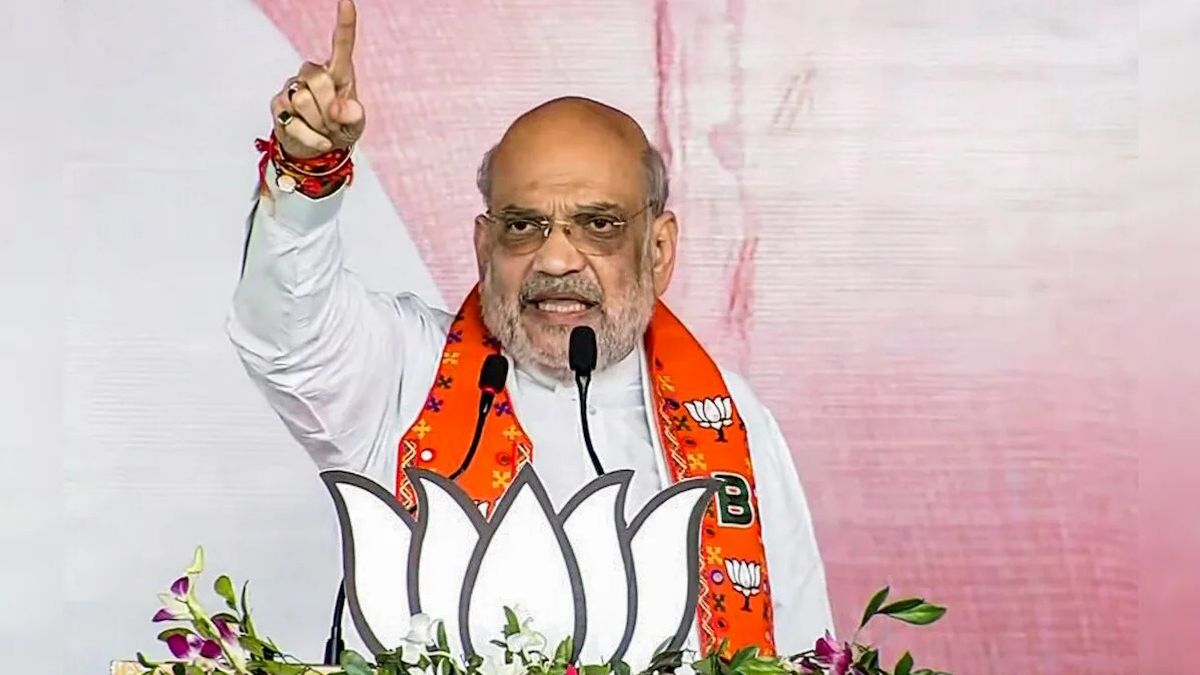
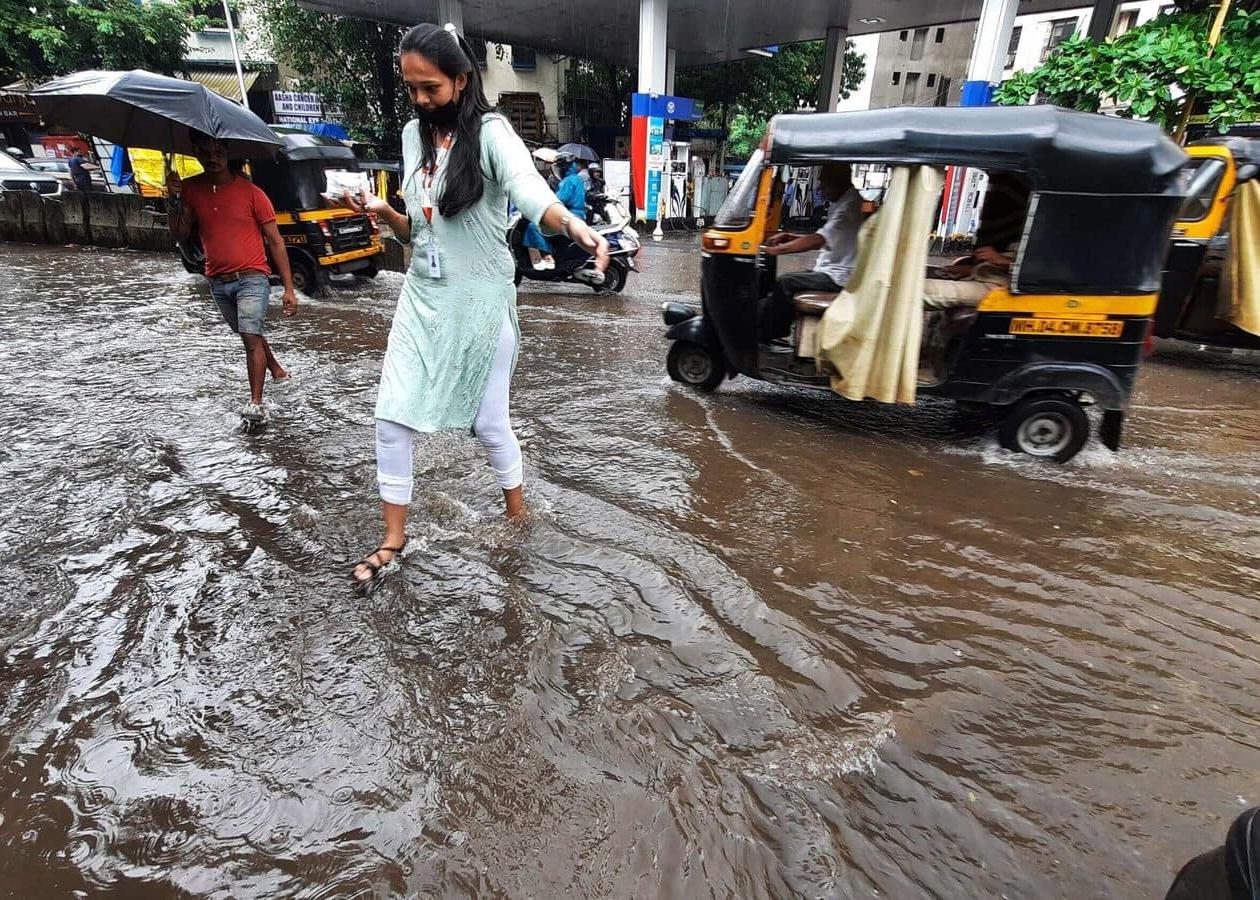
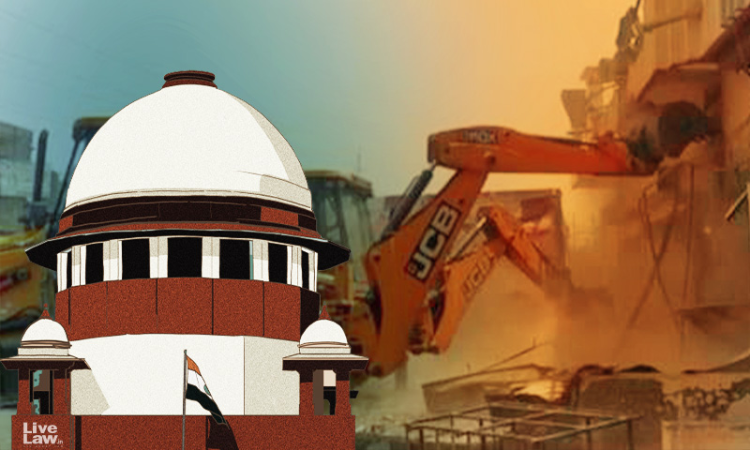





















































.png)
 (1).png)























